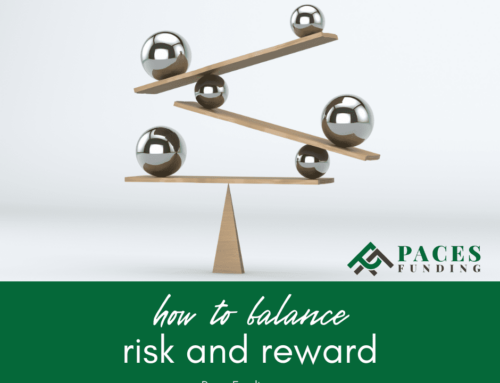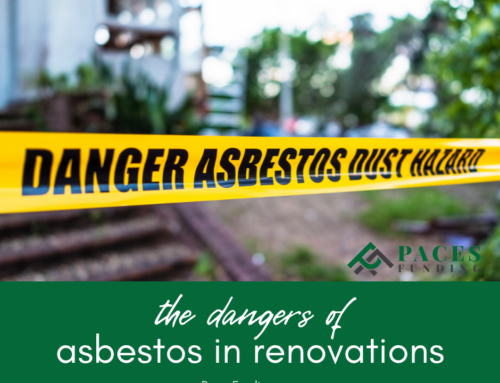
The Art of Finding Undervalued Properties in a Competitive Market
Navigating the real estate market to find undervalued properties is a skill that can lead to significant investment success. This guide aims to equip you with strategies to identify these hidden gems in a competitive environment.
The Art of Finding Undervalued Properties in a Competitive Market
In this guide, we’ll explore:
- Key indicators of undervalued properties
- Utilizing technology and data in property hunting
- The importance of networking in real estate
- Renovation potential and value addition
- Negotiation tactics for securing deals
Here’s a closer look at each.
Key Indicators of Undervalued Properties
Identifying undervalued properties in the real estate market requires a keen eye for certain indicators. One common indicator is properties listed below their market value. These listings may suggest motivated sellers or unique circumstances that make the property a good deal. Additionally, distressed sales, such as foreclosures or short sales, often present opportunities to purchase properties at a lower cost. Keep an eye on areas with potential for future growth, as properties in these areas may be undervalued but have the potential for increased value over time. Understanding market trends and being able to recognize properties priced lower than their true worth are essential skills for successful property hunting.
Utilizing Technology and Data in Property Hunting
In today’s real estate market, technology and data play a crucial role in finding undervalued properties. Online tools and databases are valuable resources that can help you analyze market trends, property histories, and neighborhood statistics. They provide insights and information that may not be readily apparent when viewing a property in person. By leveraging technology, you can make more informed decisions and uncover hidden opportunities that might otherwise go unnoticed.
The Importance of Networking in Real Estate
Building a strong network within the real estate industry can provide a significant advantage in your quest to find undervalued properties. Networking involves connecting with various individuals, including real estate agents, fellow investors, and local residents. These connections can provide you with valuable insider knowledge and tips on potential deals that may not be publicly listed yet. Real estate professionals often have access to off-market properties or insights into upcoming listings, giving you a competitive edge in identifying undervalued opportunities.
Renovation Potential and Value Addition
When searching for undervalued properties, it’s essential to consider their renovation potential and the possibility of adding value. This doesn’t always mean undertaking major overhauls; even minor cosmetic changes can significantly increase a property’s value. Evaluating the cost of potential renovations versus the expected increase in the property’s value is a critical skill. Identifying properties with renovation potential and knowing how to estimate the return on investment (ROI) for those improvements can be a key factor in finding undervalued real estate.
Negotiation Tactics for Securing Deals
Effective negotiation skills are vital when it comes to securing undervalued properties. This involves being well-prepared with market data and understanding the motivations of the seller. Knowledge of recent comparable sales and current market conditions can strengthen your negotiation position. Additionally, being ready to act quickly and decisively can make a significant difference in closing a deal. Successful negotiation can turn a good deal into a great one, allowing you to acquire undervalued properties that align with your investment goals and strategy.
Related: 5 HUGE mistakes to avoid when you’re looking for a property to flip
FAQ About Finding Undervalued Properties
Check out these commonly asked questions about finding undervalued properties in a competitive market. If you don’t see the answers you need here, please call our office and we’ll provide the information you need.
How Do I Determine if a Property Is Undervalued?
To determine if a property is undervalued, compare its price with similar properties in the area, consider its condition, and evaluate its potential for improvement and growth.
Related: Apply for a hard money loan now
Can I Find Undervalued Properties in Any Market?
Yes, undervalued properties can be found in almost any market, but it requires diligent research, networking, and sometimes thinking outside the box.
What Are the Risks of Investing in Undervalued Properties?
Risks include unforeseen renovation costs, overestimating the property’s potential value, and changes in market conditions. Thorough due diligence is essential to mitigate these risks.
Related: Why now is the perfect time to invest in rental properties
How Important Is Location When Looking for Undervalued Properties?
Location is crucial as it affects the property’s current value and potential for growth. Properties in developing areas or those poised for future development often present good opportunities.
Should I Invest in an Undervalued Property That Needs Significant Renovation?
Investing in a property that needs significant renovation can be profitable, but it’s important to carefully assess the renovation costs against the potential value increase.
Do You Need a Hard Money Loan?
Paces Funding is the top hard money lender in Georgia, North Carolina, South Carolina and Tennessee. Apply for a hard money loan here or click through our site to find out how we can help you now!














